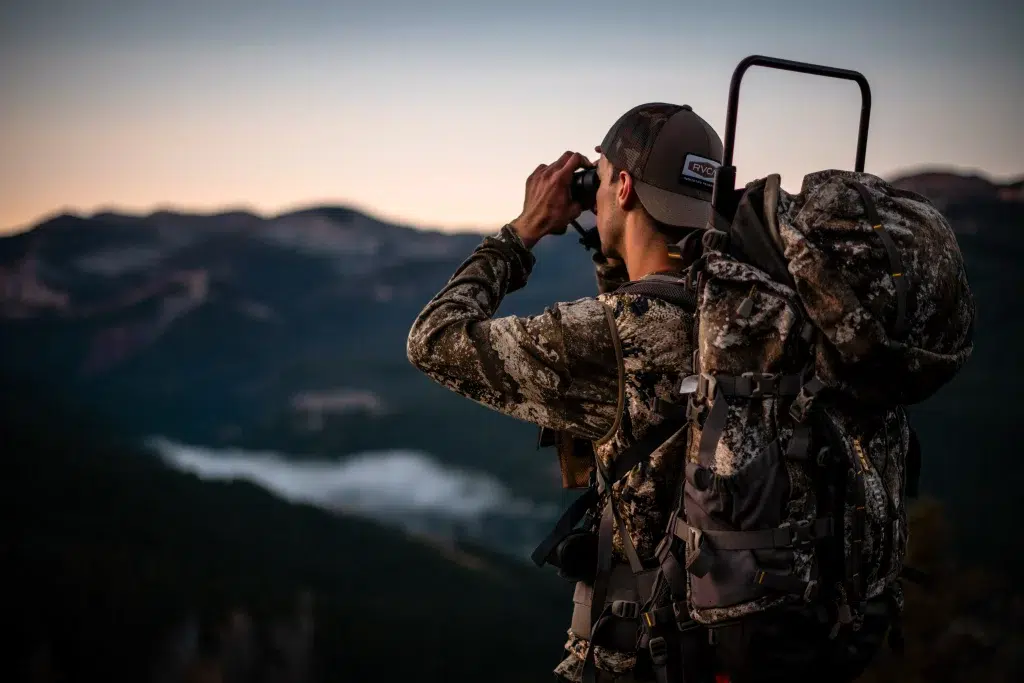Why Backpacking is the Best Way to Travel?
- Cost Savings: This significantly motivates many individuals to opt for backpacking.
- Embracing Minimalism: Backpacking teaches you to thrive with fewer possessions.
- Mastering Packing Skills: It turns you into a skilled packer.
- Freedom from Schedules: There are no rigid time constraints to worry about.
- Reduced Shopping Urges: The urge for excessive shopping diminishes.
- Physical Activity: Backpacking offers ample opportunities for exercise.
- Building New Connections: You’ll forge numerous friendships along the way.
- Creating Memorable Stories: Backpacking adventures provide rich stories to cherish.

Backpacking is a unique way of traveling that involves carrying your belongings in a backpack and setting out on an adventure.

It is a popular and preferred method of travel for many people. Backpacking is an affordable, immersive, and adventurous way of exploring new destinations. In this article, we will explore why backpacking is the best travel method. Here is the complete guide on What to Carry in Your Travel Backpack: A Complete Guide What to Carry in Your Travel Backpack: A Complete Guide.
What is Backpacking?
Backpacking is a type of travel where the traveler carries all their belongings in a backpack and moves from place to place.
Backpackers often stay in budget accommodations like hostels, campsites, or hotels. Backpacking usually involves longer stays in destinations and exploring remote areas and local cultures.
The Advantages of Backpacking
There are several advantages of backpacking as a way of traveling, including: Here is the guide on Can I Travel with Pins in My Backpack.

Affordability of Backpacking
Backpacking is an affordable way of travel as it involves minimal expenses. Backpackers can save much money on accommodation, food, and transportation by choosing budget-friendly options. Backpackers can also cook food or eat at local restaurants to save money.
The Immersive Experience of Backpacking
Backpacking allows travelers to immerse themselves in local cultures and communities. Backpackers can learn about local customs, foods, and languages. Traveling like a local provides a unique and authentic experience.
Adventure and Exploration through Backpacking
Backpacking offers the opportunity to explore new destinations and experience adventures. Backpackers can visit remote locations, hike through forests, climb mountains, or swim in lakes.
Backpacking is an adventurous way to travel that allows travelers to explore and discover new places. we have reviewed on Top 5 Best Deuter Backpack for Travel.
Making Friends through Backpacking
Backpacking is a social activity that allows travelers to make new friends from all over the world. Backpackers can meet other travelers at hostels, bars, or on tours. Traveling with others can be a fun and exciting experience.
Self-Discovery and Personal Growth through Backpacking
Backpacking can be a transformative experience that leads to self-discovery and personal growth. Backpackers can challenge themselves and push beyond their comfort zones.
Traveling alone or with others can help improve confidence, self-awareness, and decision-making skills.
Improved Health and Fitness through Backpacking
Backpacking involves physical activity, such as hiking or walking, which can improve health and fitness. Backpacking exposes travelers to fresh air and nature, which can be therapeutic and stress-relieving.
Backpacking and Sustainability
Backpacking can be a sustainable way of traveling. Backpackers often use public transportation, walk, or cycle to get around, reducing their carbon footprint. Backpackers can also stay in eco-friendly accommodations, support local businesses, and reduce waste.
Tips for Successful Backpacking
To have a successful backpacking trip, it is essential to plan and prepare. Here are some tips for successful backpacking:

- Research your destination and create an itinerary
- Choose the right backpack and pack efficiently
- Pack light and only carry essentials
- Stay in budget accommodations and eat
- local foods to save money
- Bring a first aid kit and necessary medication
- Bring a portable charger and power bank
- Stay aware of your surroundings and keep your belongings safe
- Be flexible with your plans and open to new experiences
- Learn some basic phrases in the local language
- Respect local customs and cultures
Safety Considerations for Backpacking
While backpacking can be a safe and enjoyable way of traveling, there are some safety considerations to remember. Here are some tips for staying safe while backpacking: we have reviewed on Top 6 Best Timbuk2 Backpack for Travel.

- Research your destination and any potential safety risks
- Keep your valuables secure and out of sight
- Avoid traveling alone at night or in unsafe areas
- Stay aware of your surroundings and trust your instincts
- Keep important documents, like your passport, in a safe place
- Purchase travel insurance before you depart
Common Misconceptions about Backpacking
There are several common misconceptions about backpacking, including:

- Backpacking is only for young people
- Backpacking is unsafe and dangerous
- Backpacking is uncomfortable and unpleasant
- Backpacking is only for people on a tight budget
These misconceptions are not valid. People of all ages and backgrounds can enjoy backpacking. With proper planning and preparation, backpacking can be a safe and comfortable traveling method.
Best Destinations for Backpacking
Many destinations around the world are perfect for backpacking, including:

- Southeast Asia
- Europe
- South America
- Australia
- New Zealand
- Africa
These destinations offer affordable accommodations, beautiful scenery, and unique cultural experiences, making them ideal for backpacking.
Conclusion
Backpacking is a unique and adventurous way of traveling that offers many benefits. From affordability and immersion in local cultures to personal growth and improved health, backpacking provides a fulfilling travel experience. With proper planning and preparation, backpacking can be a safe and enjoyable way to explore new destinations.
